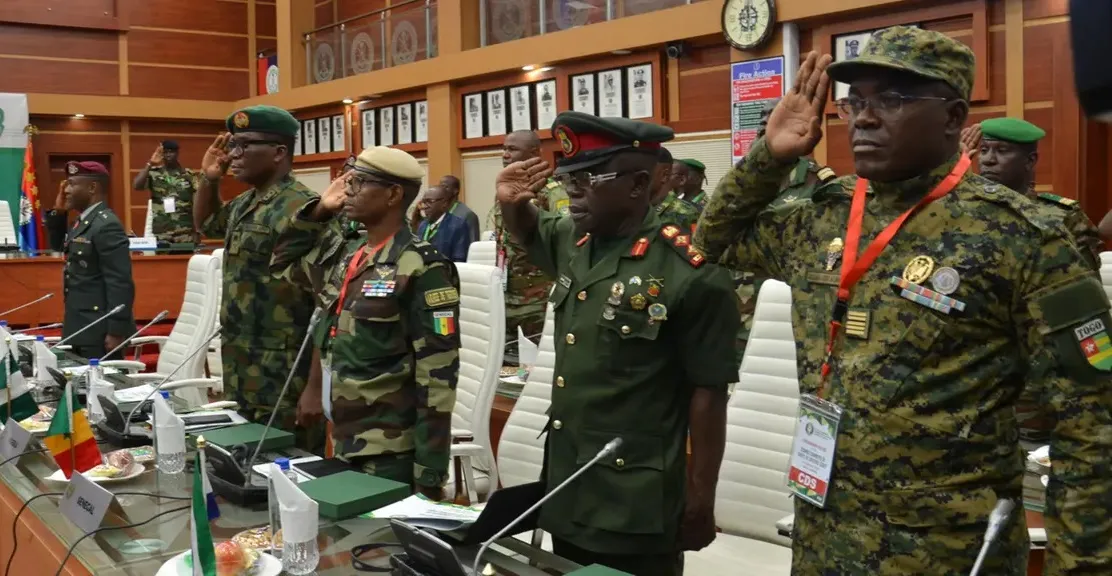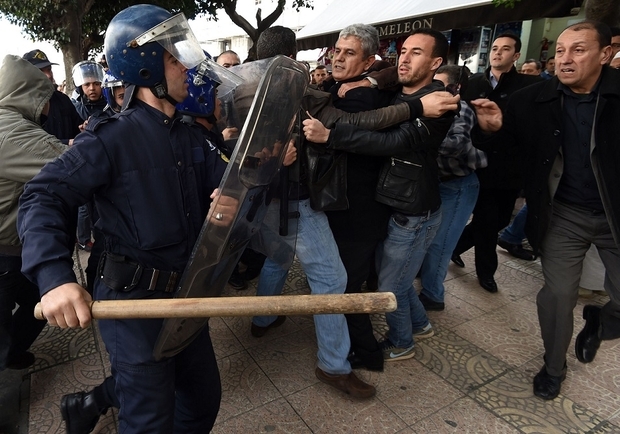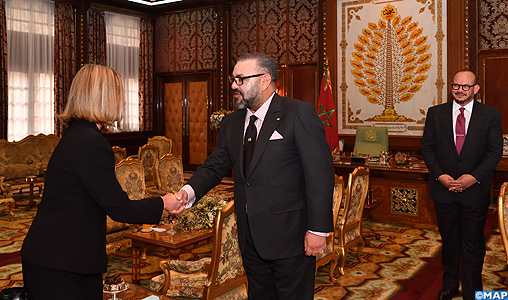The Algerian regime has openly expressed its firm opposition to any military intervention by the Economic Community of West African States (ECOWAS) against the putschists who toppled elected President Mohamed Bazoum.
Algeria says it opposes any military operation in Niamey for security reasons due to the fragile and instable situation in the Sahel. But in reality, the ruling Algerian junta fears that such as military action will enhance the influence of neighboring Morocco.
According to a report by online “Maghreb Intelligence” magazine, ECOWAS includes many friends and allies of Morocco such as Côte d’Ivoire, Senegal, Benin …This makes the ruling Algerian junta extremely nervous over a military action that will bring in geopolitical changes consolidating Morocco’s regional power.
Algerian intelligence reports say Morocco can provide logistical support and valuable intelligence to facilitate ECOWAS military operation, sending shockwaves across the Algerian military establishment.
As the pressure is building from the US, France and the EU, the UN, African Union and ECOWAS, the military option is gaining steam, making the Algerian regime facing their worst nightmare.
Following the West African leaders meeting held Thursday in Abuja, Nigeria, President Alassane Ouattara of Côte d’Ivoire said the West African bloc has approved military intervention in Niger “as soon as possible” to remove its military rulers following last month’s coup. “We are determined to restore president Bazoum to his functions.”
Earlier, in Abuja, ECOWAS Commission President Omar Touray had announced the deployment of the bloc’s force.
U.S. Secretary of State Antony Blinken called for a non-violent solution to reverse the coup, praising the “determination of ECOWAS to explore all options for the peaceful resolution of the crisis.”
The West African bloc is “playing a key role in making clear the imperative of a return to constitutional order in Niger, and we very much support ECOWAS’ leadership and work on this,” said Secretary Blinken.
On Wednesday, the U.S. Secretary met in Washington with Algerian FM Ahmed Attaf to discuss bilateral relations and consult on shared efforts to de-escalate conflict and “advance regional stability, including in the Sahel,” according to a press release issued by the State Department.
The question now is whether the putschists back down and will the West leave the Sahel, allowing the Jihadists to take control over the sub-Saharan region.
The U.S. has 1,100 US troops at two military bases, including the massive drone base at Agades, while France has 2,500 soldiers who have re-deployed from Mali as the Nigerien army would not be able to stem the two jihadist advances. These are: from Nigeria’s Boko Haram in the southeast; and the Islamic State affiliated État islamique dans le Grand Sahara (EIGS) in the southwest’s ‘three borders’ Liptako-Gourma region. Both could fall into the hands of Islamist extremists.
Some experts say Niger could be fragmented along north-south lines, following a rebellion by the Agades region against the county’s new rulers.
Agades is Africa’s largest single administrative region and already enjoys a considerable degree of autonomy from Niamey which is around 1,000 kms away. Its predominantly Tuareg population, plus a few small Arab and Toubou-Teda tribes, is very supportive of President Mohamed Bazoum. Tension is always brewing between Agades and Niamey.
According to Western intelligence reports, if the Nigerien military putschists remain in power and if there is an increasing Russian presence as there has been in Mali and Burkina Faso, the scenario of civil war and Agades’ breakaway, like Azawad in neighboring Mali, is very likely. This means that Algeria has also to face Azawad rebels seeking their independence and lands taken during French colonial era.



